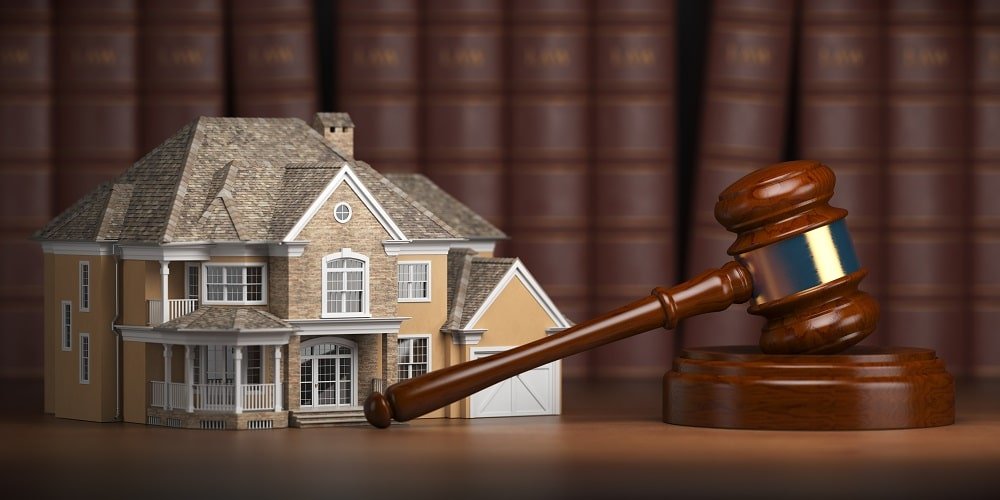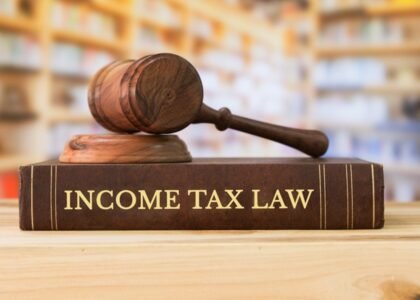Real estate law in Bangladesh governs the ownership, transfer, development, and management of real property. It includes a variety of legal principles and regulations aimed at ensuring orderly transactions and protecting the rights of property owners, buyers, sellers, and tenants. Lawyer Dhaka is here to give an overview of the key aspects of real estate law in Bangladesh:
1. Property Ownership:
- Types of Ownership: Property in Bangladesh can be owned as freehold (absolute ownership) or leasehold (ownership for a specific period under a lease agreement). Both individuals and entities, including foreigners under certain conditions, can own property.
- Co-ownership: When multiple individuals own a property jointly, co-ownership rules apply, dictating the rights and responsibilities of each owner.
2. Land and Property Transfer:
- Transfer of Property Act 1882: This act governs the transfer of property by sale, mortgage, lease, exchange, gift, or will. It specifies the legal requirements for each type of transfer, including the necessity of a written document and proper registration.
- Registration Act 1908: Requires the registration of documents related to the transfer of immovable property. Registration is necessary to establish legal ownership and prevent disputes or fraud.
- Stamp Act 1899: Imposes stamp duty on documents related to property transactions. The amount of duty depends on the value of the property and the nature of the transaction.
3. Land Registration and Title:
- Land Records and Survey: Accurate land records and cadastral surveys are crucial for determining land ownership and boundaries. The Department of Land Records and Surveys maintains these records.
- Title Deeds: A title deed is a legal document that proves ownership of a property. The clear and undisputed title is essential for any real estate transaction.
- Mutation: Mutation is the process of updating land records after the transfer of ownership, ensuring the new owner’s name is recorded in official records.
4. Land Development and Construction:
- Building Construction Act 1952: Regulates the construction of buildings, ensuring compliance with zoning laws, building codes, and safety standards. The act applies to both residential and commercial construction.
- Real Estate Development and Management Act 2010: Governs the activities of real estate developers and agencies, including the sale, marketing, and management of housing projects. It aims to protect buyers from fraudulent practices and ensure quality standards.
5. Land Use and Zoning:
- Town Improvement Act 1953: Administered by the Rajdhani Unnayan Kartripakkha (RAJUK), this act regulates land use and urban planning in Dhaka and surrounding areas. It includes zoning regulations that dictate the permissible use of land (e.g., residential, commercial, industrial).
- Environmental Conservation Act 1995: Imposes restrictions on land use and development to protect the environment. Projects must obtain environmental clearance before proceeding.
6. Leases and Tenancy:
- Premises Rent Control Act 1991: Regulates the relationship between landlords and tenants, including rent control, eviction procedures, and rights and obligations of both parties. The act provides protections against arbitrary eviction and ensures fair rent practices.
- Lease Agreements: Leases must be in writing, particularly for leases exceeding one year, and should be registered to be legally enforceable. The lease agreement outlines the terms, including duration, rent, and responsibilities.
7. Dispute Resolution:
- Civil Courts: Disputes related to real estate, such as title conflicts, boundary issues, or breach of contract, are generally resolved through civil courts. The Civil Procedure Code 1908 governs the process.
- Alternative Dispute Resolution (ADR): Arbitration, mediation, and conciliation are encouraged to resolve property disputes outside of court, providing faster and less adversarial solutions.
8. Foreign Ownership:
- Restrictions on Foreigners: Generally, foreign nationals and entities face restrictions on owning land in Bangladesh, though they may lease property or own property through locally incorporated companies.
9. Taxation and Charges:
- Property Tax: Local authorities, such as city corporations and municipalities, impose property taxes on real estate. The tax amount is based on the value of the property and its usage.
- Capital Gains Tax: Applies to profits made from the sale of real estate. The rate and exemptions vary depending on the duration of ownership and the type of property.
10. Compulsory Acquisition:
- Acquisition and Requisition of Immovable Property Ordinance 1982: Allows the government to acquire private property for public purposes, such as infrastructure development, with compensation provided to the owner based on market value.
11. Inheritance and Succession:
- Inheritance Laws: Governed by personal laws based on religion, such as the Muslim Personal Law, Hindu Succession Act, or Christian Succession Act. These laws dictate how property is distributed among heirs after the owner’s death.
- Wills and Probate: The Succession Act 1925 allows property owners to bequeath property through a will. The probate process validates the will and oversees the distribution of assets.
12. Cooperative Housing Societies:
- Cooperative Societies Act 2001: Regulates cooperative housing societies, where members jointly own and manage property. These societies must register and comply with specific governance rules.
Real estate law in Bangladesh is comprehensive, covering various aspects of property ownership, transfer, development, and dispute resolution. Compliance with these laws is essential for legal security and to avoid disputes or penalties.





